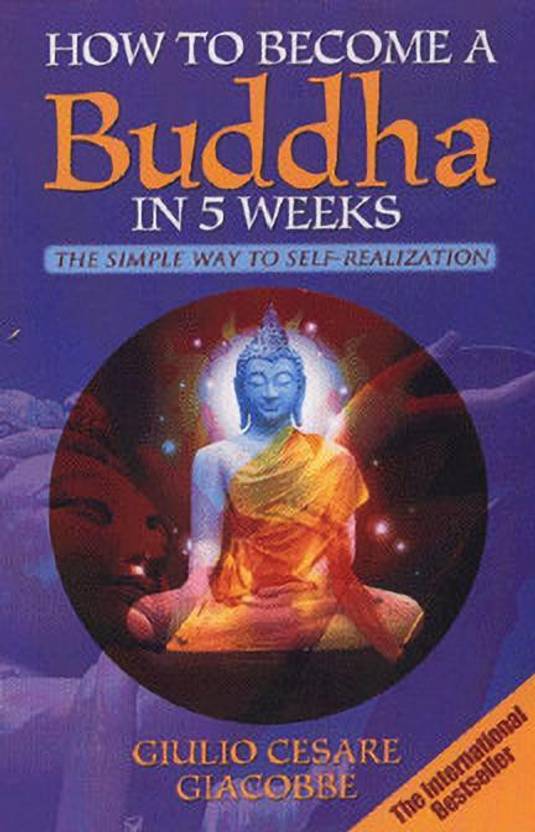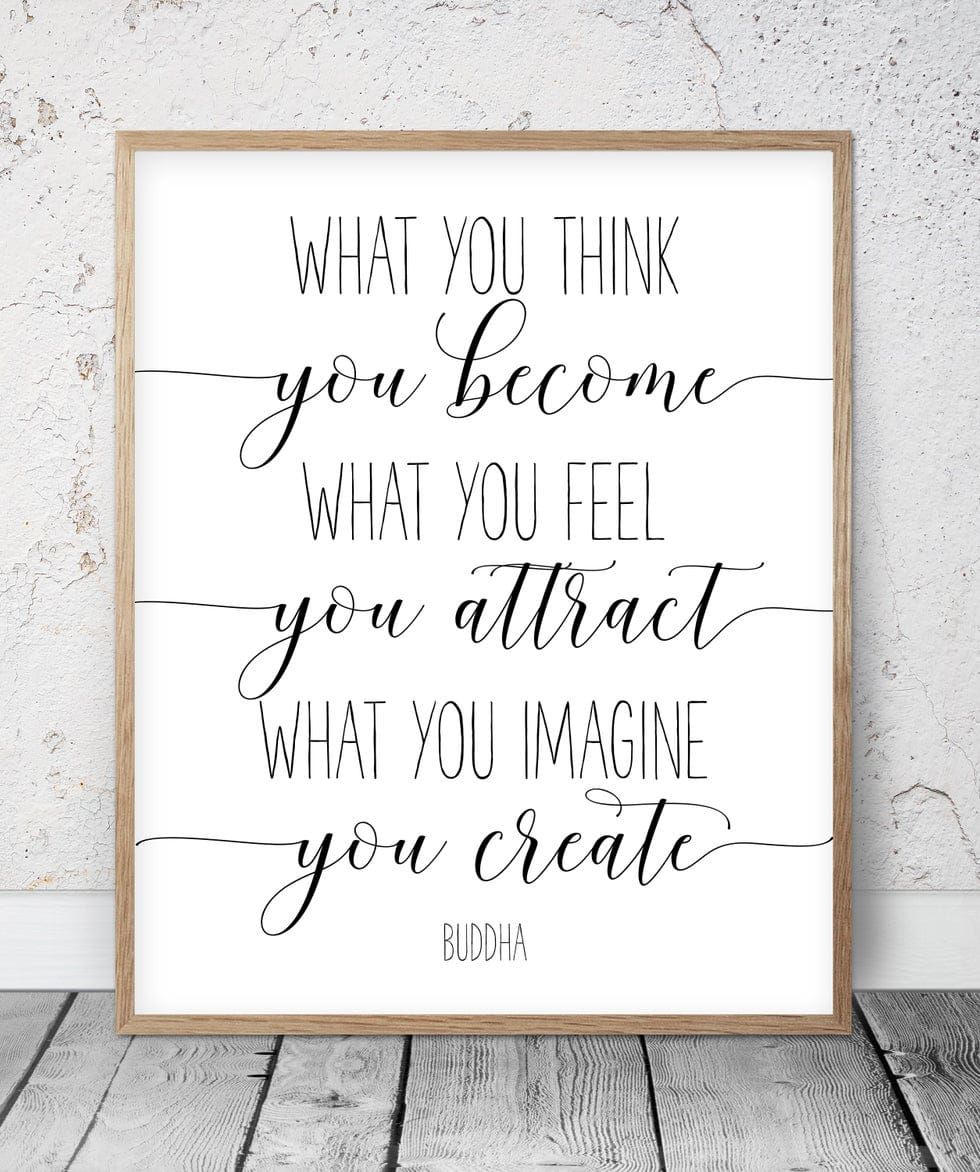How to Become a Buddha in 5 Weeks: The Simple Way to Self-Realization
Introduction
Becoming a Buddha might seem like an impossible feat, but with the right mindset, dedication, and guidance, it is within our reach. In this article, we will explore the simple yet profound journey towards self-realization that can transform our lives in just 5 weeks. Throughout this transformative process, we will delve into the essence of Buddhism, meditation techniques, and practical steps that anyone can undertake. By the end of these 5 weeks, you will have a deeper understanding of yourself and be on the path towards becoming a Buddha. So, let’s begin this enlightening journey together.
Week 1: The Foundation of Buddhism
To become a Buddha, we must first understand the fundamentals of Buddhism. It is essential to grasp the Four Noble Truths and the Eightfold Path. These teachings reveal the nature of suffering, its causes, and the path to achieve liberation from it. By embracing these truths, we lay the foundation for our self-realization journey.
– The Four Noble Truths:
1. Dukkha: Recognizing the universality of suffering and its different forms.
2. Samudaya: Understanding the causes and origins of suffering.
3. Nirodha: Realizing that there is an end to suffering.
4. Magga: Following the path that leads to liberation from suffering.
– The Eightfold Path:
1. Right View
2. Right Intention
3. Right Speech
4. Right Action
5. Right Livelihood
6. Right Effort
7. Right Mindfulness
8. Right Concentration
Week 2: Cultivating Mindfulness through Meditation
Meditation is a powerful tool that allows us to cultivate mindfulness and deepen our connection with ourselves. In week 2, we will explore different meditation techniques that can help us develop a focused and calm mind. These techniques include:
1. Mindfulness of Breath: Paying attention to the breath as it naturally flows in and out.
2. Loving-Kindness Meditation: Cultivating compassion and love towards ourselves and others.
3. Body Scan: Scanning our body from head to toe, bringing awareness to each sensation.
4. Walking Meditation: Engaging in mindful walking, focusing on each step and the sensations associated with it.
5. Visualization: Creating mental images and engaging our imagination to cultivate positive qualities.
Week 3: Applying Buddhist Principles in Daily Life
Becoming a Buddha is not limited to meditation; it extends to the way we live our lives. In week 3, we will explore how to incorporate Buddhist principles into our daily activities. This includes:
1. Practicing Generosity: Being generous with our time, resources, and compassion.
2. Cultivating Ethical Conduct: Following the five precepts, which include refraining from harming living beings, stealing, engaging in sexual misconduct, lying, and consuming intoxicants.
3. Developing Patience: Cultivating patience and understanding in the face of challenging situations.
4. Cultivating Equanimity: Finding balance and remaining equanimous amidst the ups and downs of life.
5. Engaging in Wise Speech: Utilizing speech that is truthful, kind, and beneficial.
Week 4: Deepening Spiritual Connection
In week 4, we will focus on deepening our spiritual connection through rituals and practices. These practices can help us connect with our inner wisdom and the larger universe.
1. Shrine or Altar: Creating a sacred space in our homes where we can cultivate tranquility and reflect on our spiritual journey.
2. Offering Practice: Making offerings of light, incense, water, and food, symbolizing our gratitude and devotion.
3. Chanting: Reciting sacred mantras or prayers to invoke positive qualities and deepen our connection with the divine.
4. Mindful Eating: Nourishing our bodies with gratitude and awareness, savoring each bite mindfully.
5. Journaling: Reflecting on our experiences, insights, and challenges, allowing us to track our progress and gain self-awareness.
Week 5: Embracing Self-Realization
In the final week of this transformative journey, we will focus on embracing self-realization and integrating our newfound wisdom into our lives. Here are some crucial steps to take:
1. Reflecting on Transformation: Acknowledging the changes and self-realizations that have occurred throughout this journey.
2. Embracing Impermanence: Recognizing the impermanent nature of life and understanding that change is inevitable.
3. Cultivating Gratitude: Practicing gratitude for the journey, the teachings, and the experiences that have shaped us.
4. Sharing Wisdom: Being of service to others by sharing our knowledge, compassion, and insights.
5. Continuing the Journey: Understanding that self-realization is an ongoing process, and commit to nurturing our spiritual growth continuously.
Conclusion
In just 5 weeks, we have explored the simple yet profound path towards self-realization and becoming a Buddha. By integrating the teachings of Buddhism, practicing meditation, embodying ethical conduct, deepening our spiritual connection, and embracing self-realization, we can transform our lives and cultivate inner peace and wisdom. Remember, self-realization is an ongoing journey, and it requires dedication, patience, and an open heart. May your path to becoming a Buddha be filled with light, love, and profound self-discovery.
FAQs:
1. Can anyone become a Buddha in 5 weeks?
Becoming a Buddha is a lifelong journey, but the 5-week program is designed to provide essential teachings and practices that can set you on the path of self-realization.
2. Do I need prior knowledge of Buddhism to follow this program?
No prior knowledge is required. The program is designed to cater to beginners as well as those with some familiarity with Buddhism.
3. How much time should I dedicate to meditation each day?
Starting with at least 10 minutes a day is recommended. As you progress, you can gradually increase the duration based on your comfort.
4. Can I practice Buddhism alongside my existing religious beliefs?
Yes, Buddhism can be practiced alongside any religious or spiritual beliefs. It offers valuable insights and practices that can enrich your existing faith.
5. How can I sustain my practice beyond the 5-week program?
By cultivating discipline, consistency, and incorporating the teachings into your daily life, you can sustain your practice and continue to grow on your spiritual journey.
Gallery
How To Become A Buddha In 5 Weeks: Buy How To Become A Buddha In 5

Photo Credit by: bing.com /
How To Become A Buddha In 5 Weeks: The Simple Way To Self-realisation

Photo Credit by: bing.com /
The Mind Is Everything. What You Think You Become. -Buddha #buddha #

Photo Credit by: bing.com / become
How To Become A Buddha In 5 Weeks: THe Simple Way To Self-Realization

Photo Credit by: bing.com /
Pin On Printable Quotes

Photo Credit by: bing.com / motivational buddha







